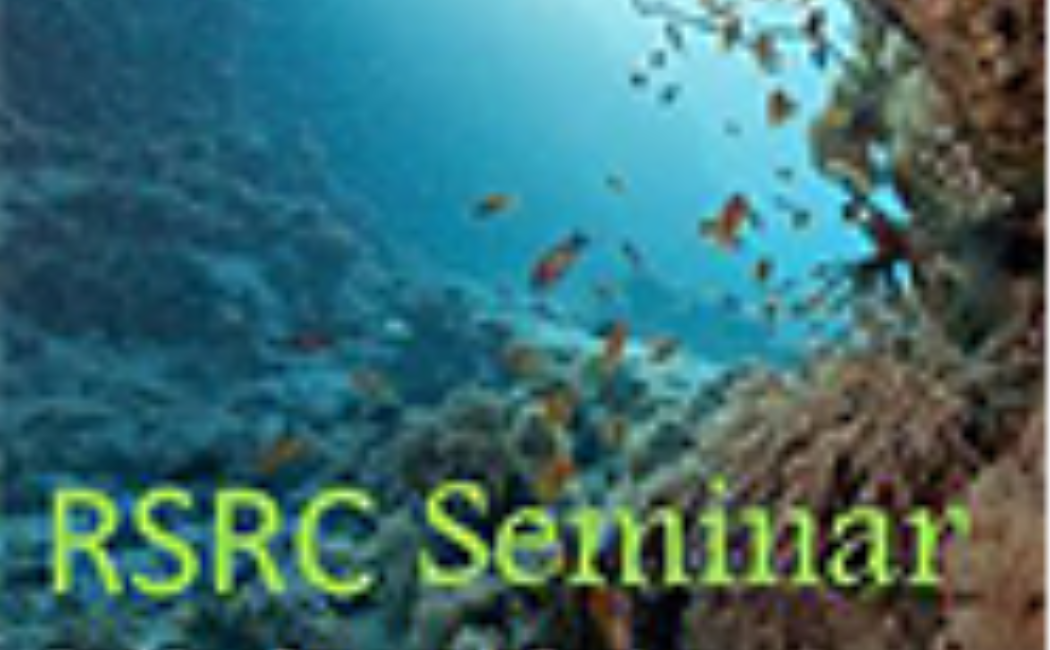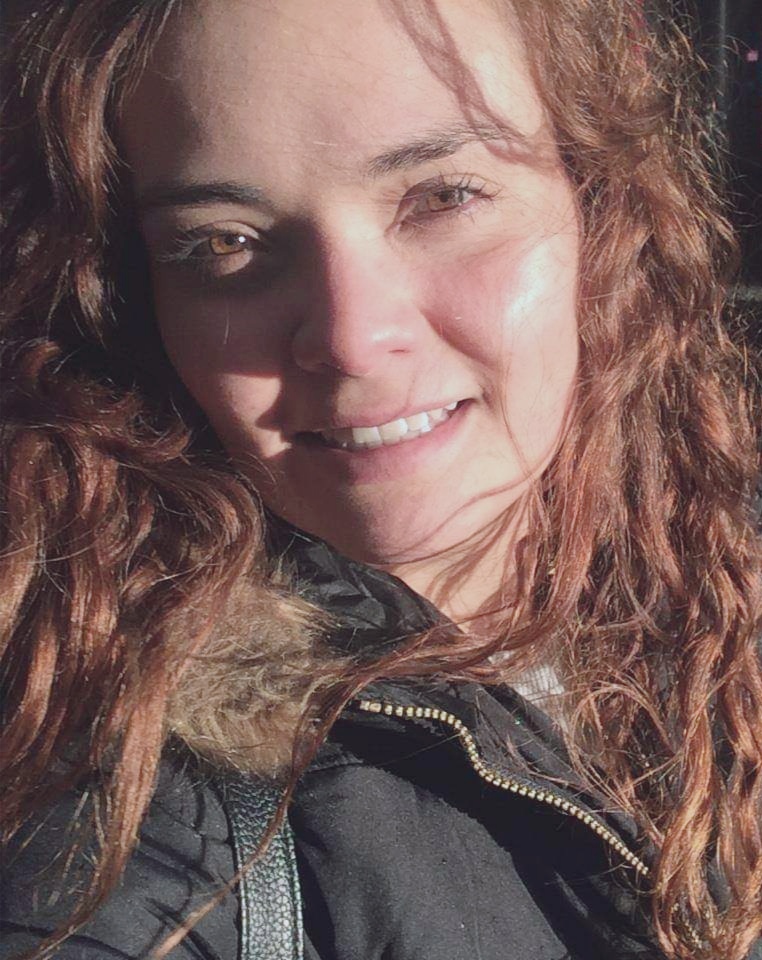



 Speaker 1: Nathalia Delgadillo Ordonez
Speaker 1: Nathalia Delgadillo Ordonez
Title: Growth assays of hydrocarbonoclastic marine bacteria under different hydrostatic pressures.
Abstract: In the scope of remediation technologies for marine oil spills, natural attenuation performed by hydrocarbonoclastic bacteria is one of the processes to degrade spills in the deep ocean. In this sense, a critical aspect that has been overlooked is the hydrostatic pressure, as it impairs the remediation activity of bacteria. In this context, during an expedition conducted in 2016 in the southern Red Sea, two new isolates of alkane-degrader bacteria belonging from the genera Alcanivoraxwere identified as a new species. Since they were isolated from the surface and 1000 m depth, we expect different hydrostatic pressure adaptations. Given the fact that this genus is not abundant in the deep ocean, our aim is to compare the different adaptations of these two isolates to different hydrostatic pressure and temperature conditions that may affect their metabolism and degradative pathways of hydrocarbons. Growth experiments at mild (5 and 10 MPa) and high hydrostatic pressure (20 MPa) have been conducted to understand these processes. Preliminary data shows an impair response of bacterial growth to 10 and 20 MPa. Further insights on future experiments using different temperatures and molecular approaches will be discussed.

 Speaker 2: Dr. Grégoire Michoud
Speaker 2: Dr. Grégoire Michoud
Title: The hydrocarbon degradation potential of the seawater microbiome in the Red Sea
Abstract: The Red Sea has the most extreme conditions of salinity, temperature, and oligotrophy among all the oceans and it has unique hydrological, physical and climatic characteristics. Natural and anthropogenic hydrocarbon sources are present with intensive oil processing and shipping and occasional accidental oil spills. Considering the continuous exposure of the Red Sea waters to hydrocarbons, it is of particular interest to evaluate the intrinsic potential of the resident microbial communities to respond to accidental spills. Here, we have searched through metagenomics for the hydrocarbon degradation genes and pathways in different sites and depths across a latitudinal transect of the Red Sea studying in total 55 samples in a wide geographical and depth distribution. Due to the pristine nature of the studied water samples, sequence signatures of taxa commonly detected after oil spills were less than 5% of the total sequence reads. However, despite the low proportion of reads associated with aromatic hydrocarbon and xenobiotic degradation pathways, they were significantly higher in the deep than the surface waters. Amongst the ~240 metagenome-assembled genomes obtained, a high proportion presented genomic signatures of adaptation to the extreme physicochemical characteristics of the Red Sea including degradation of aromatic and xenobiotic compounds. Taken together, these results indicate a chronic exposure to hydrocarbons in the deep Red Sea, for instance from hydrocarbon seeps and vents, and a bacterial adaption to the extreme conditions of the basin.